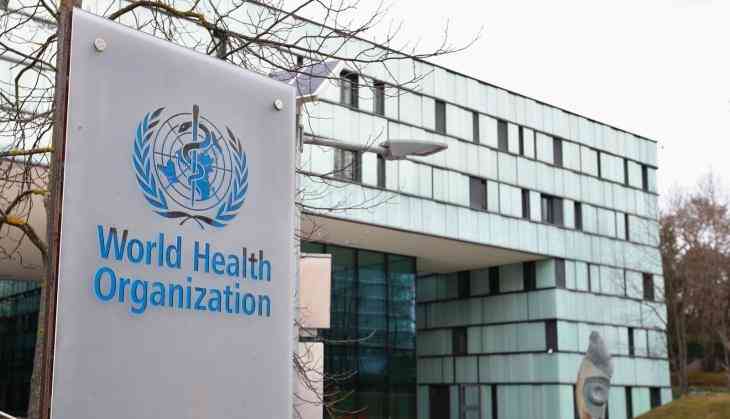
The coronavirus variant B1617 first identified in India last year has been classified as a variant of global concern, with some preliminary studies showing that it spreads more easily, a senior World Health Organization (WHO) official informed on Monday.
"B1617 virus variant that was first identified in India has been classified as a variant of interest by WHO," said Dr Maria Van Kerkhove, Technical lead COVID-19 at WHO.
Dr Kerkhove added that WHO needs much more information about this B1617 variant and all of the sub-lineages. "Our Epi teams and our lab teams internally, there is some available information to suggest increased transmissibility of B1617, as such we are classifying this as a variant of concern at the global level," she said.
Over WHO's diagnostics methods, Dr Kerkhove said it does not have anything to suggest that our diagnostics or therapeutics and our vaccines don't work.
India reported 3,29,942 new COVID-19 cases, and 3,876 deaths in the last 24 hours, according to the Union Health Ministry.
As India is in the grasp of a devastating second wave of COVID-19, WHO Chief Scientist Soumya Swaminathan on Monday termed the rate of infections and deaths in the country as "worrying" and called on governments to boost exercises on reporting actual numbers.
Swaminathan in an exclusive interview with ANI, said that the projections of one million deaths by August projected by the Institute for Health Metrics and Evaluation (IHME) are based on models and available data, which are not predictions of the future and can be changed.
"I would say that at this point of time, the situation is very worrying, the daily number of cases and deaths that we are seeing today in India and other countries in the Southeast area region is a big concern for us and we also realise that these are underestimates. Every country in the world, in fact, the number of cases and deaths has been underestimated to its true number," she told ANI.
The B.1.617 variant is the fourth variant to be designated as being of "global concern" and requiring heightened tracking and analysis and data collection must be done in a transparent way, the Chief Scientist added.
(ANI)
Also Read: Coronavirus: India reports 3,29,942 new COVID-19 cases, 3,876 deaths in last 24 hrs


